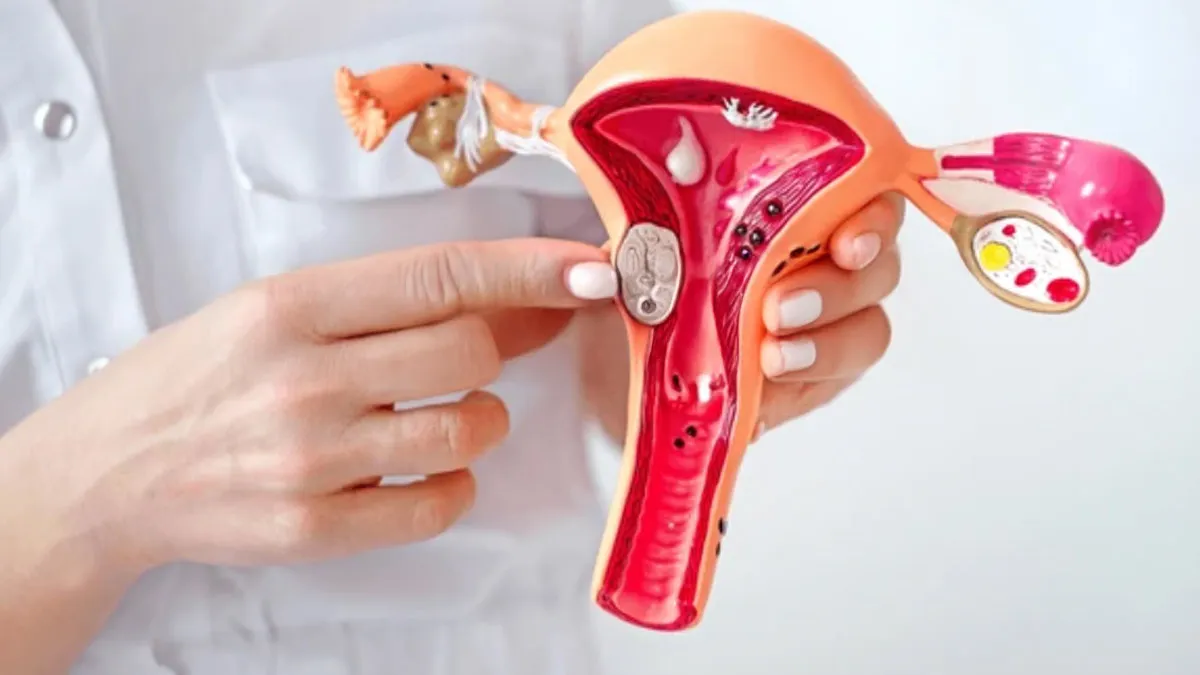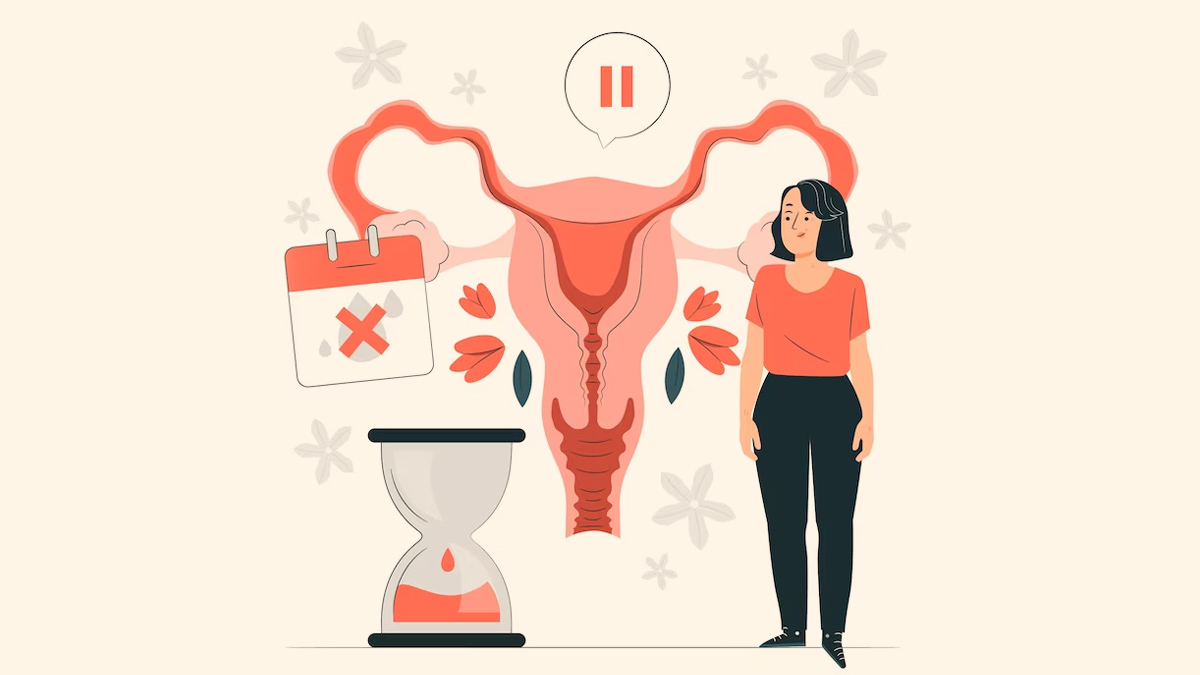
Pregnancy has long been characterised as a of transformation and joy, but for those who have uterine fibroids, it may also be accompanied by doubt and anxiety. Uterine fibroids are benign tumours that are made up of fibrous and muscle tissue in the uterus, occurring in as many as 30% of women in their reproductive years. While numerous women with fibroids have no symptoms and can go on to have uncomplicated pregnancies, some may have complications requiring careful attention.
Table of Content:-
Hence, we reached out to our expert, Dr Suma Varsha, IVF Specialist, Ferty9 Fertility Centre - Vijayawada, and she shared that knowing the causes, possible risks, and therapies can enable expectant mothers to make informed decisions and have a healthy pregnancy experience. Here is everything he shared with us.
What Causes Fibroids During Pregnancy?
As said above, fibroids are benign tumours that develop in or around the uterus. “The precise cause is unknown, but certain factors raise the chances of developing them, shared De Varsha. These include:
- Hormonal Influence: Oestrogen and progesterone, the menstrual cycle-regulating hormones, have been found to stimulate fibroid growth. In pregnancy, these hormone levels naturally increase, thus occasionally causing fibroids to grow.
- Genetic Predisposition: Women with a history of fibroids in their families are at increased risk of developing fibroids.
- Lifestyle Factors: Obesity, a diet rich in red meat and poor in fruits and vegetables, and low levels of vitamin D have all been found to promote the growth of fibroids.
- Age and Ethnicity: Fibroids are more prevalent among women between the ages of 30 and 40 and occur more often in African and Asian women.
Also Read: Struggling With Infected Ear Piercing? Expert Shares How To Treat It

Possible Risks of Fibroids During Pregnancy
The majority of women with fibroids have uneventful pregnancies, but large or multiple fibroids may in some instances cause the following risks:
Pain and Discomfort: “Fibroids develop and can result in lower back pain, pelvic pressure, or abdominal pain. Accelerated growth of fibroids may cause red degeneration, a situation in which the fibroid outgrows its own blood supply, and consequently, it causes a lot of pain,” Dr Varsha noted.
- Preterm Labour: Big fibroids can inflame the lining of the uterus or cut down on room in the womb, causing contractions and preterm delivery.
- Problems with the placenta: Fibroids may get in the way of the placenta's position and blood flow, raising the risk of placental abruption or fetal growth restriction.
- Cesarean Delivery: Dr Varsha also added that based on where they are, fibroids may block the birth canal or cause the uterus to become misshapen and impede vaginal delivery. This means that there is more chance of a C-section.
- Postpartum Hemorrhage: Following childbirth, fibroids can hinder contractions of the uterus, predisposing to excessive bleeding.
Also read: What Is The Best Sleeping Position To Avoid Lower Back Pain? Expert Shares

Managing Fibroids During Pregnancy
Treatment of fibroids in pregnancy varies according to the size, number, and position of the fibroids as well as the severity of symptoms. Some effective management strategies are as follows:
- Regular Monitoring: Ultrasound checks are imperative for monitoring the development of the fibroids and their impact on the baby. Your doctor will keep a close watch for any variations or complications.
- Pain Management: Mild pain can be treated with rest, heat, and fluids. In the case of severe pain, your physician may recommend safe pain medication.
- Balanced Nutrition: Fruits, vegetables, whole grains, and iron can control symptoms and healthy blood levels, particularly if heavy bleeding is encountered.
- Hydration and Rest: Fluids and staying inactive can decrease uterine contractions and discomfort.
- Medical Oversight: In some instances, surgery (myomectomy) can be an option prior to pregnancy or during the second trimester if fibroids significantly compromise fetal or maternal health.
- Pregnancy Delivery Planning: Your obstetrician might suggest a C-section in the event that fibroids obstruct the cervix or reshape the uterus.
Bottomline
Pregnancy fibroids are quite common and, in the majority of instances, can be handled with effective medical treatment. Proper diagnosis early on, constant monitoring, and a tailored treatment regimen can ensure mother and baby stay healthy during and even after pregnancy.
Also watch this video
FAQ
1. Might fibroids hinder me from getting pregnant?
Yes, if they are large or in a certain location, fibroids can cause implantation difficulty or obstruct the fallopian tubes, but most women with fibroids get pregnant naturally.2. Do fibroids always increase in size during pregnancy?
No. Some do not change size at all and even decrease in size, and some do grow with hormonal fluctuations, monitoring allows these fluctuations to be followed.3. Is it safe to remove fibroids during pregnancy?
Pregnancy surgery is avoided unless fibroids are causing serious complications. Treatment is usually delayed until after childbirth.
How we keep this article up to date:
We work with experts and keep a close eye on the latest in health and wellness. Whenever there is a new research or helpful information, we update our articles with accurate and useful advice.
Current Version
Oct 27, 2025 14:48 IST
Published By : Tanya Srivastava